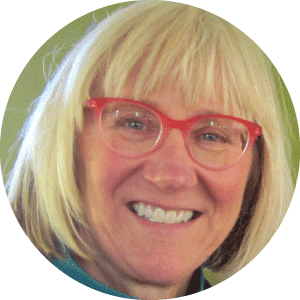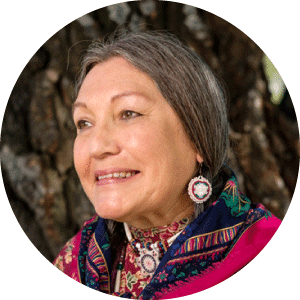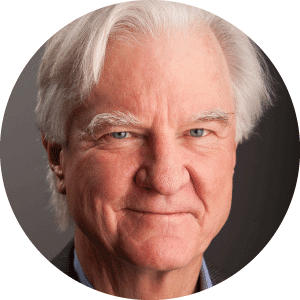Jim Robbins began his writing career over 40 years ago. As a young journalist in Helena, he joined the national roster of free-lance journalists working for the New York Times in the 1980s. Over time, Robbins proved an indispensable reporter for the Times on the most relevant topics of our time, with a special interest in science and the environment in the American West. He is still a frequent contributor.
Robbins’s writing has also appeared in Smithsonian, Scientific American, Discover, the Los Angeles Times, Boston Globe, Audubon, Conde Nast Traveler, Psychology Today, BBC Future, and many more. Additionally, he has appeared on ABC’s Nightline, the Today Show and on National Public Radio’s All Things Considered and Morning Edition.
Robbins has authored hundreds of articles and six books covering a range of contemporary issues from water to climate change, ranching, Indigenous people, energy development, wildlife, infectious disease, climate change, endangered wildlife, expertly highlighting the intersections of the American West and scientific exploration.
Most recently, Robbins’s work can be found in the prestigious on-line journal, Yale Environment 360, analyzing issues of a changing world including water policy, green hydrogen, traditional ecological knowledge, the global decline in snow cover, the mega-drought in the Southwest, environmental DNA analysis, the ecology of dust, and the decline of the world’s boreal forest.
He has covered environmental stories in far flung places as well, including Mongolia, Mexico, Chile, Peru, the Yanomami Territory of Brazil, Norway, Sweden and other countries.
He also has a deep interest in, and has written extensively on, the frontiers of neuroscience and perception.
From 1993 to 2017, Robbins authored or co-authored six books: The Wonder of Birds: What They Tell Us About the World, Ourselves and a Better Future, [which won the 2017 Montana Book Award] The Man Who Planted Trees: A Story of Lost Groves, the Science of Trees, and a Plan to Save the Planet, The Open-Focus Brain: Harnessing the Power of Attention to Heal Mind and Body,[with Dr. Les Fehmi, about the critical and overlooked role of attention in our lives] Dissolving Pain: Simple Exercises for Overcoming Chronic Pain, A Symphony in the Brain: The Evolution of the New Brain Wave Biofeedback, and Last Refuge: The Environmental Showdown in Yellowstone and the American West. Robbins’s books have been reviewed well, widely read, and translated into numerous foreign languages.







